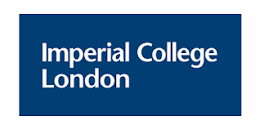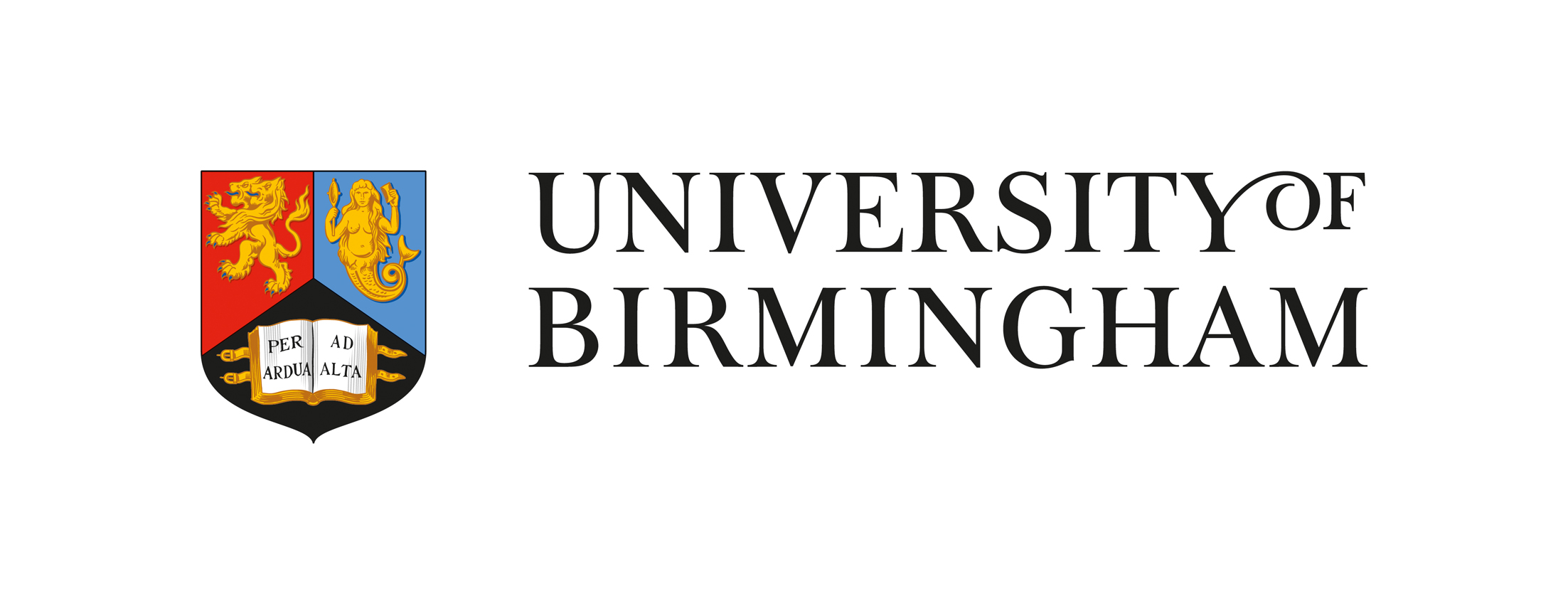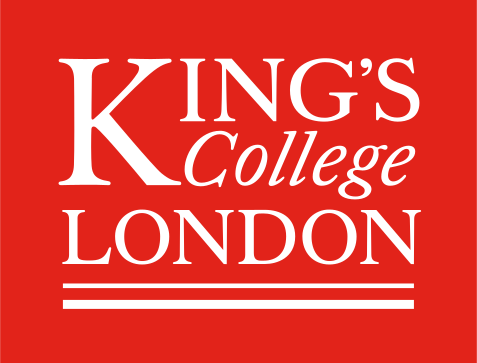Queer In Number Theory and Geometry
A student-run workshop for LGBTQ+ researchers in the fields of Number Theory and Geometry
30 August – 1 September 2023
West Lexham, Norfolk, UK
Apply
A student-run workshop for LGBTQ+ researchers in the fields of Number Theory and Geometry
30 August – 1 September 2023
West Lexham, Norfolk, UK
Apply
What, When, and Where
QuINGs is a workshop for LGBTQ+ mathematicians who are early career researchers, from PhD students onwards. It is aimed at geometers and number theorists, but researchers in related areas and with an interest in these topics are welcome to apply. The event will take place at the West Lexham retreat in Norfolk for 3 days, from Wednesday, 30 August to Friday, 1 September 2023.
The retreat will be held in person, and we aim to have around 30 participants from the UK and Europe. We will cover accommodation and full board for all participants. A coach service between West Lexham and nearby train stations will be provided (details closer to the event), but we expect participants to cover the rest of their travel costs.
How to Join
Applications are now closed.
Why Number Theory and Geometry
These two areas in mathematics are deeply related. Moreover, there is much potential for the cross-fertilisation of ideas from other fields. New geometry and number theory results are not only powered by other areas such as algebra, combinatorics, and mathematical physics but also inspire subsequent developments in them.
To promote such interdisciplinary interactions and allow the dissemination of research, there will be plenary talks by world-leading researchers on a broad range of topics, with additional contributed talks weaving the numerous threads of geometry and number theory together.
Why Queer
In recent years it has become clear that a diverse and inclusive research community is more productive and is in a better position to positively impact society. The specific case of queer diversity was recently outlined in an article in Nature by Anthony Bonato.
For queer researchers, each research connection, grant, and application involves a conscious decision of how much of one's queer/trans identity to disclose. This can be particularly critical when looking for PhD and postdoc supervisors at early career stages. We hope QuINGs will help create a safe space for queer mathematicians to form and solidify new and existing collaborative networks in a safe space. In the long term, we aim to make queer people feel more welcome to mathematical research, helping it become more diverse and inclusive.
To promote connections between participants we will have a community-building discussion to talk about the experiences and challenges that queer mathematicians face. In this way, one may discover other open queer academics who have faced and overcome similar challenges. Indeed, having mathematical role models in under-represented groups is especially important for fostering a sense of belonging as well as the confidence that it is possible to succeed in an academic environment.
This conference builds on the success of the previous EDI initiatives WINGs and Spec(ℚ).
Invited Speakers
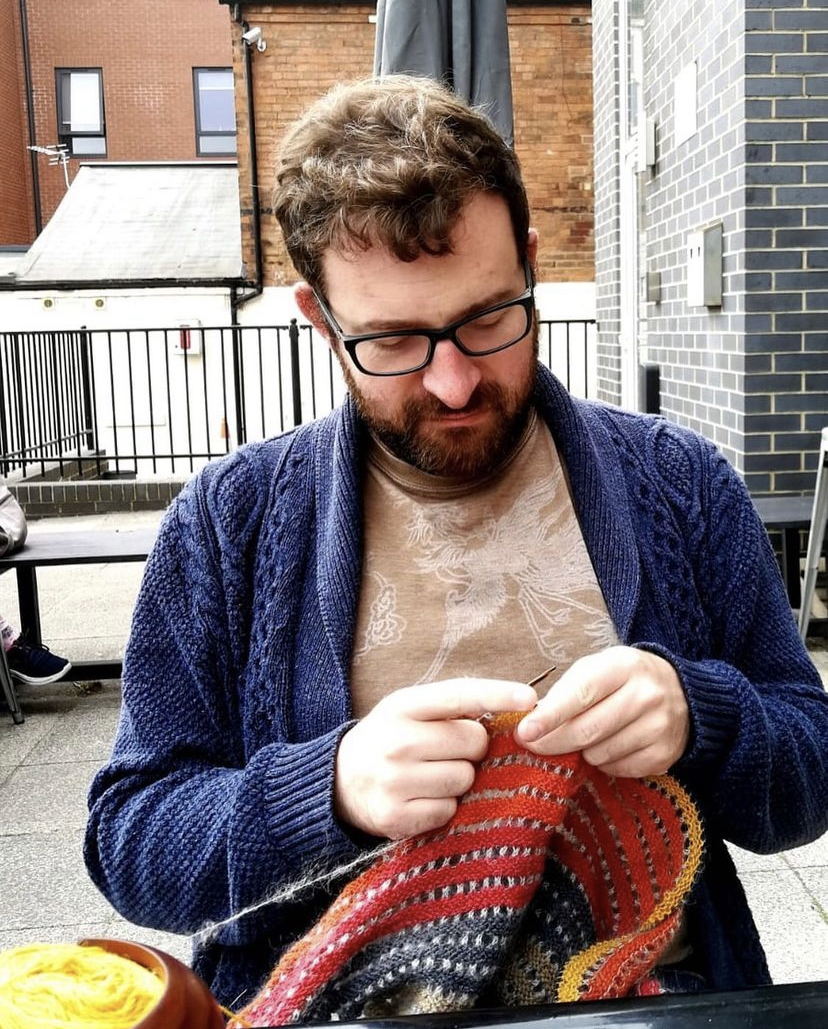
Tyler Kelly (he/they)
University of Birmingham
Tyler Kelly is an associate professor at the University of Birmingham, researching algebraic geometry. Their research mainly focuses on mirror symmetry and Landau-Ginzburg models, with interests both in the enumerative and homological points of view. Kelly started a PhD in 2009 at the University of Pennsylvania as an elaborate ruse to learn more mathematics, believing it would only work for two years until the faculty realised that they were bad at mathematics in the oral exam and promptly kick them out of the PhD. Twelve years after the oral exam, and after finishing a PhD at Penn in 2014 and a postdoc in Cambridge, they’re still here. Easy safe topics to bring up with them in discussion include: knitting, Eurovision, and, begrudgingly, Drag Race.
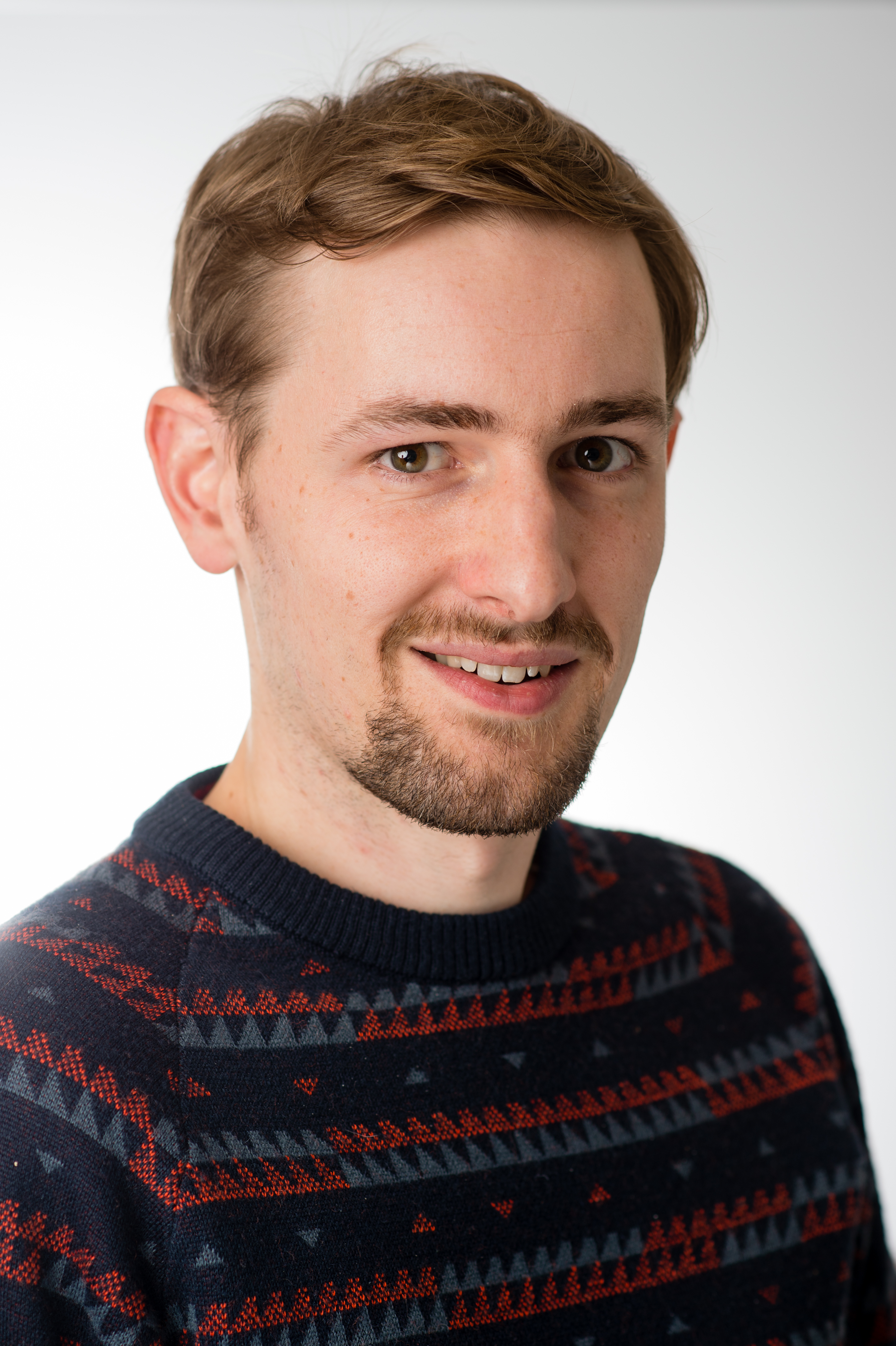
James Newton (he/him)
University of Oxford
James is an associate professor at the University of Oxford and does research in algebraic number theory. He is particularly interested in Galois representations, automorphic forms, and their interactions with geometry and representation theory. He received his PhD from Imperial College London in 2011 and has been a postdoc at Cambridge and Imperial and a lecturer at King's College London.
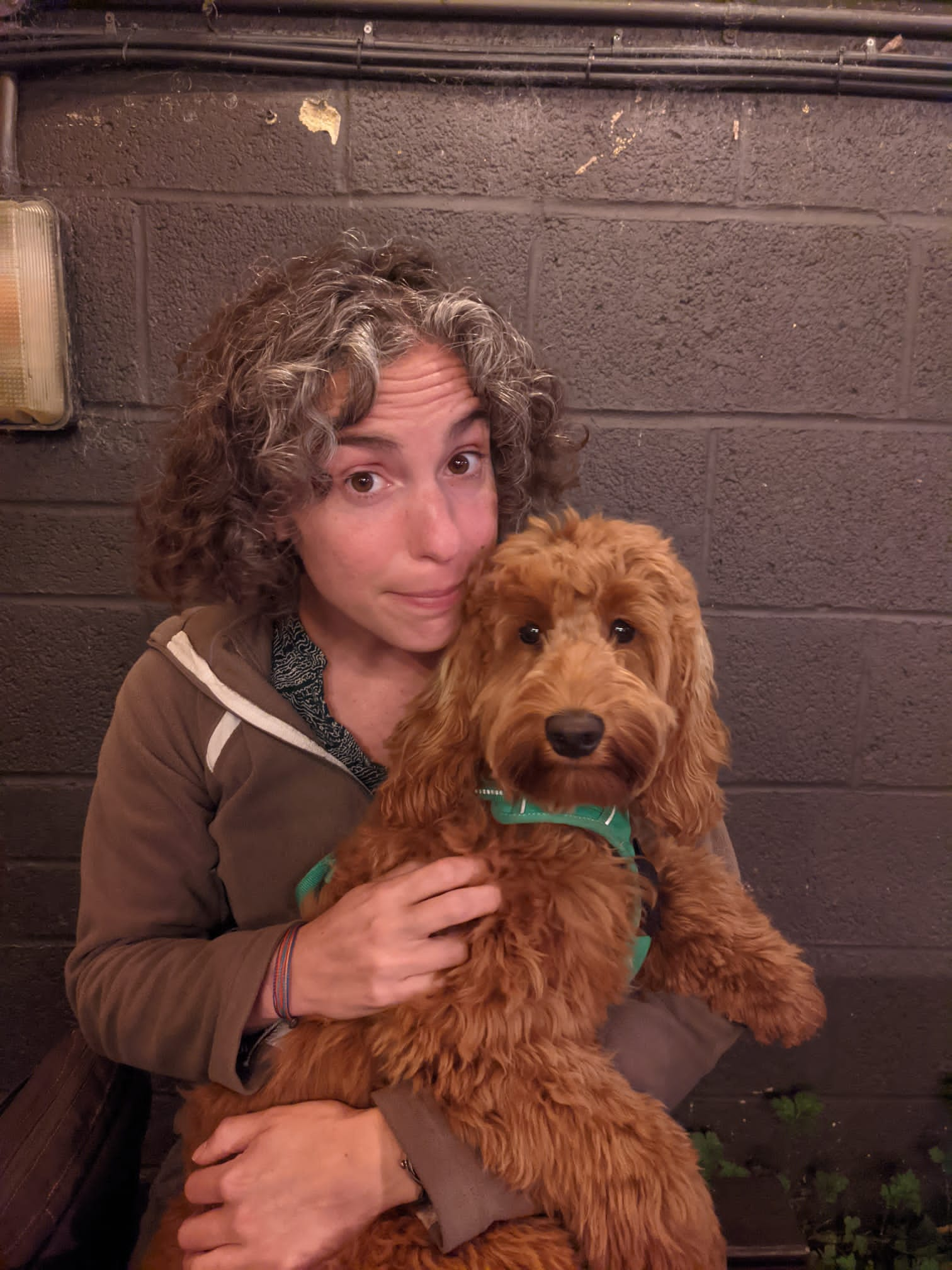
Beth Romano (she/her)
King's College London
Beth grew up in Brooklyn, New York. Her first passion was literature, and she decided to get a PhD in math only after failing to get a job in publishing. Luckily, she grew to love Lie algebras and Galois theory, and found a research area with beautiful interactions between the two.
She started a lectureship at King's College London last year. You can often find her in the Hampstead Heath Ladies' Pond, or exploring the parks and pubs of London with her partner and their very enthusiastic dog.
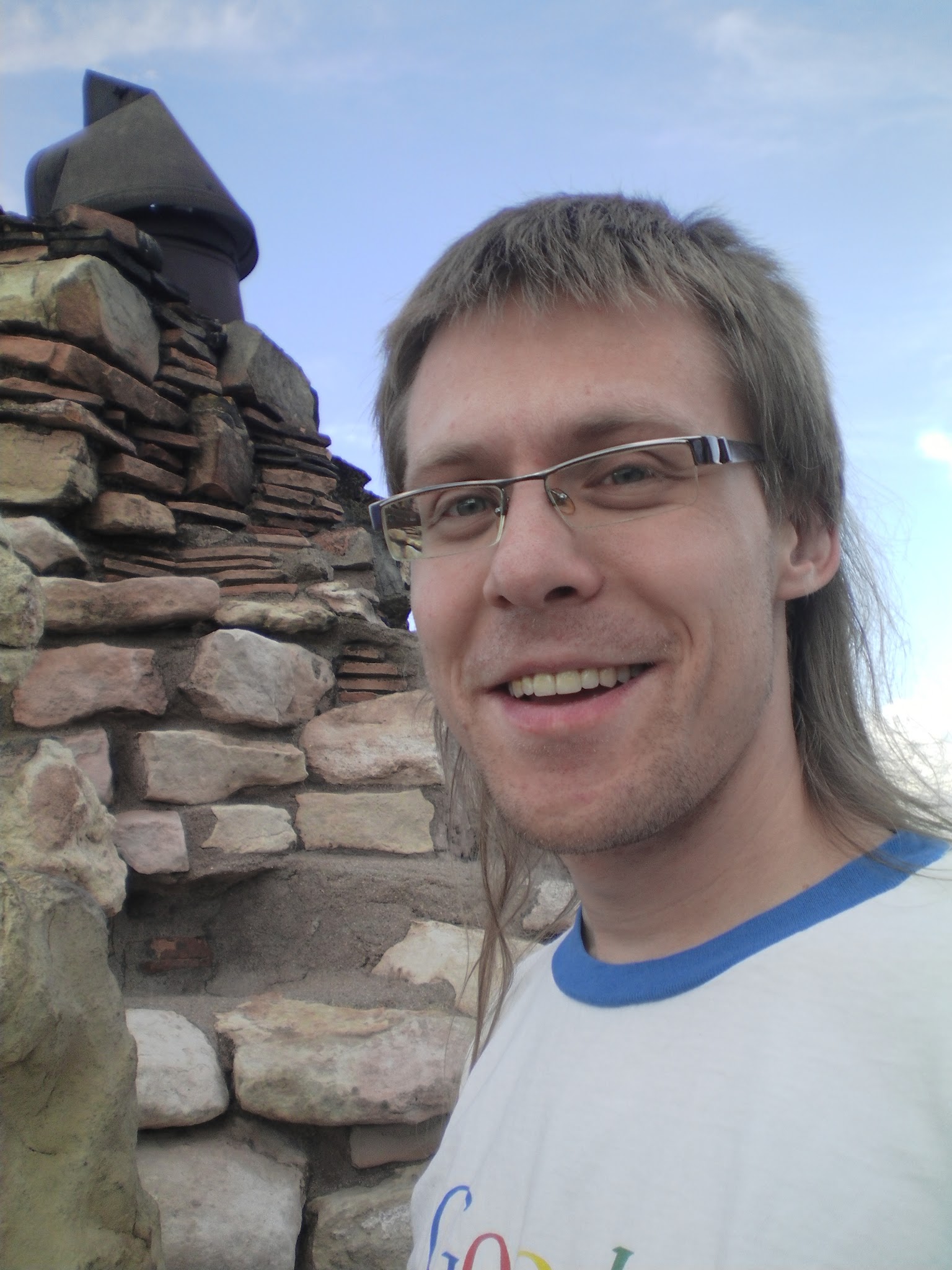
Alex Fink (he/him)
Queen Mary University of London
Alex is a reader at Queen Mary University of London. His research is in combinatorial algebraic geometry, or maybe some other permutation of those words; he especially likes tropical geometry and matroids. He received his PhD from University of California, Berkeley in 2010, and moved to London after a postdoc at North Carolina State University.
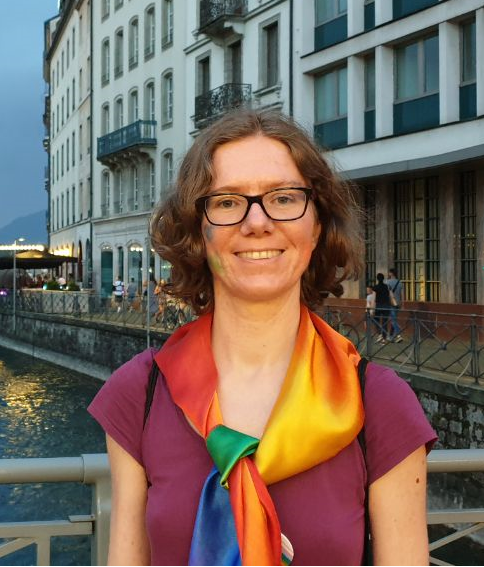
Marta Pieropan (she/her)
Utrecht University
Marta's mathematics career started in her home country, Italy, and has soon brought her abroad. She studied in Canada and France; she got her PhD in Hannover, Germany, in 2015, moved to Berlin and subsequently Lausanne as a postdoc, and finally to the Netherlands, where she is now an assistant professor. Her beloved field of research is arithmetic geometry, with a focus on rational points on Fano varieties over non-algebraically-closed fields. In her free time she likes to read and to enjoy nature.
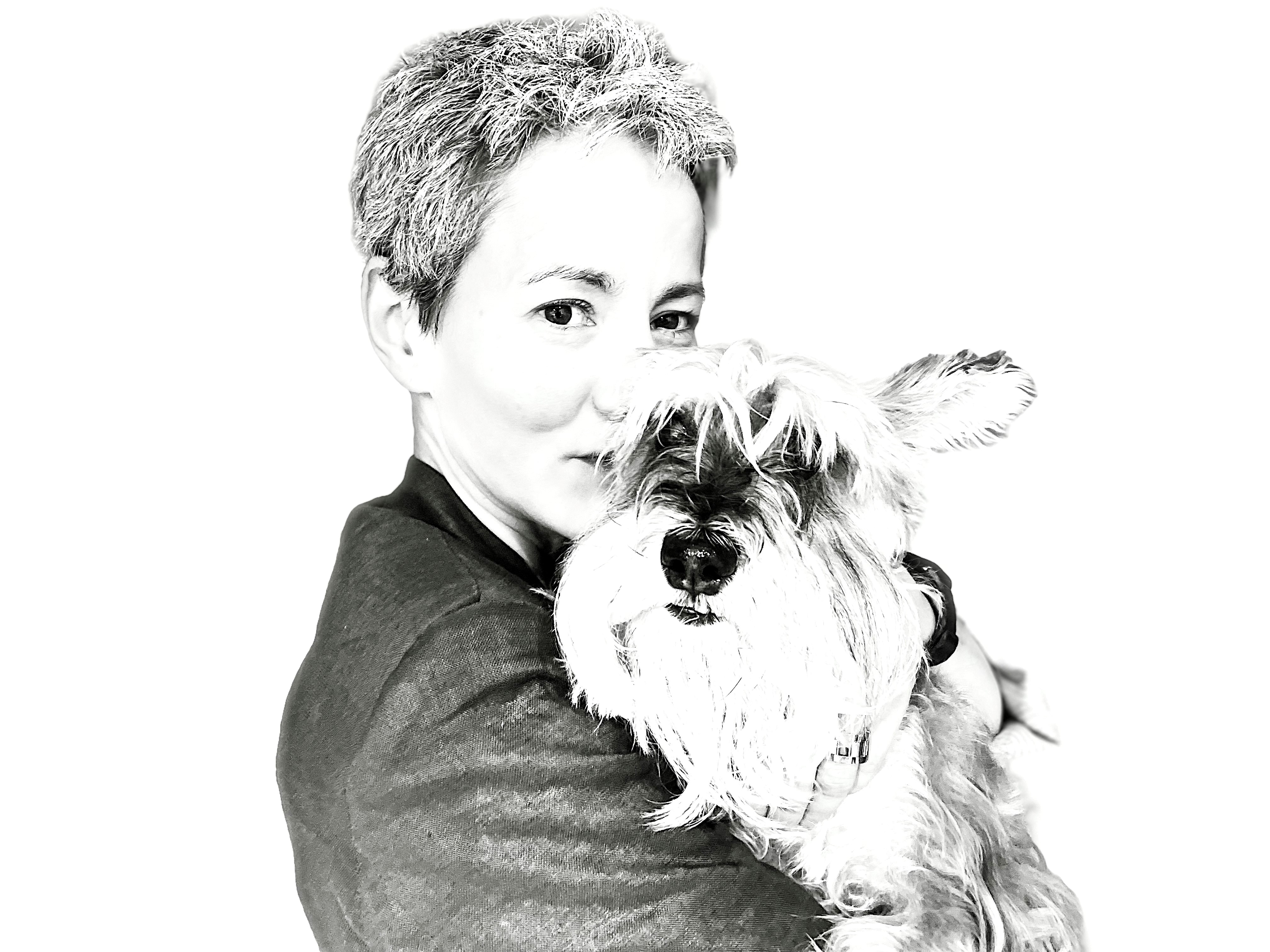
Marina Logares (she/her)
Complutense University of Madrid
Professor Marina Logares is a lecturer who has worked in the UK and Spain - teaching and researching algebraic geometry and how it relates to physics. Marina's career history includes working as a Lecturer in Pure Mathematics at the University of Plymouth and as a Marie Curie Fellow at the Mathematical Institute, University of Oxford. She is also an advocate for gender equality, diversity, and inclusion. Her activism has made her one of the most influential LGTBI people in Spain. When she is not doing maths may find her at the university's diversity committee, drumming or doing Taekwondo. Anyway always with her dog.
Schedule
Click a talk to see the abstract, click again to hide.
Wednesday, 30 August
Time
Event
Thursday, 31 August
Time
Event
Friday, 1 September
Time
Event
The Organisers are committed to making this conference productive and enjoyable for everyone, regardless of gender, sexual orientation, disability, age, physical appearance, body size, ethnicity, nationality, or religion of the participants. For this reason, harassment of participants in any form will not be tolerated.
Policies to promote an inclusive environment and support for attendees who require assistance to participate in the workshop will be developed. This will include, but will not limited to, the Code of Conduct below. As part of the registration process, all attendees are required to agree to adhere to this Code of Conduct.
Attendees are required to behave professionally. Harassment and sexist, racist, or exclusionary comments or jokes and any bullying behaviour are not appropriate. Compliance with these principles and, in particular, with the present Code of Conduct is expected throughout the event and any future interactions that may result from it.
Harassment includes sustained disruption of talks or other events, sustained unwanted contact, sexual attention or innuendo, deliberate intimidation, pressuring, stalking, and photography or recording of an individual without consent. It also includes offensive or belittling comments related to gender, sexual orientation, disability, age, physical appearance, body size, ethnicity, or religion.
If you observe someone making you or anyone else feel unsafe or unwelcome, please tell them so, and remind them of the Code of Conduct. Non-confrontational alternatives can be to create a distraction or to refer the person to an Organiser. If you witness or experience harassment, please notify one of the organisers immediately, so they can take appropriate action. Harassment, bullying and hate speech should be reported to UCL Report + Support, and hate crimes should be reported to the UCL Hate Crime Reporting Centre
When someone is asked to stop any behaviour that violates the Code of Conduct, they are expected to comply immediately. In response to behaviour deemed inappropriate by the Organising Committee (e.g.rudeness, unprofessional), the Organisers may take any action they deem appropriate.
Attendees who display any behaviour considered harassment will be asked to leave the event immediately or will be removed from the event by the organisers.
Other specific actions may include but are not limited to:
Asking the person to cease the inappropriate behaviour, and warning them that any further reports will result in other sanctions. They might be required to make conciliatory efforts that may include an apology, informal mediation, or other steps intended to facilitate restoration of relationships.
Early termination of a talk that violates the Code of Conduct.
Immediately ending any event responsibilities or privileges held.
Requiring that the person immediately leave the event and not return.
Reporting the incident to competent authorities.
Collaborators
Luciano Rila, University College London (he/him) (website)
Acknowledgement
We thank the EPSRC Centre for Doctoral Training in Geometry and Number Theory, Imperial College London, King's College London, University College London, and the University of Birmingham for their funding and support.

